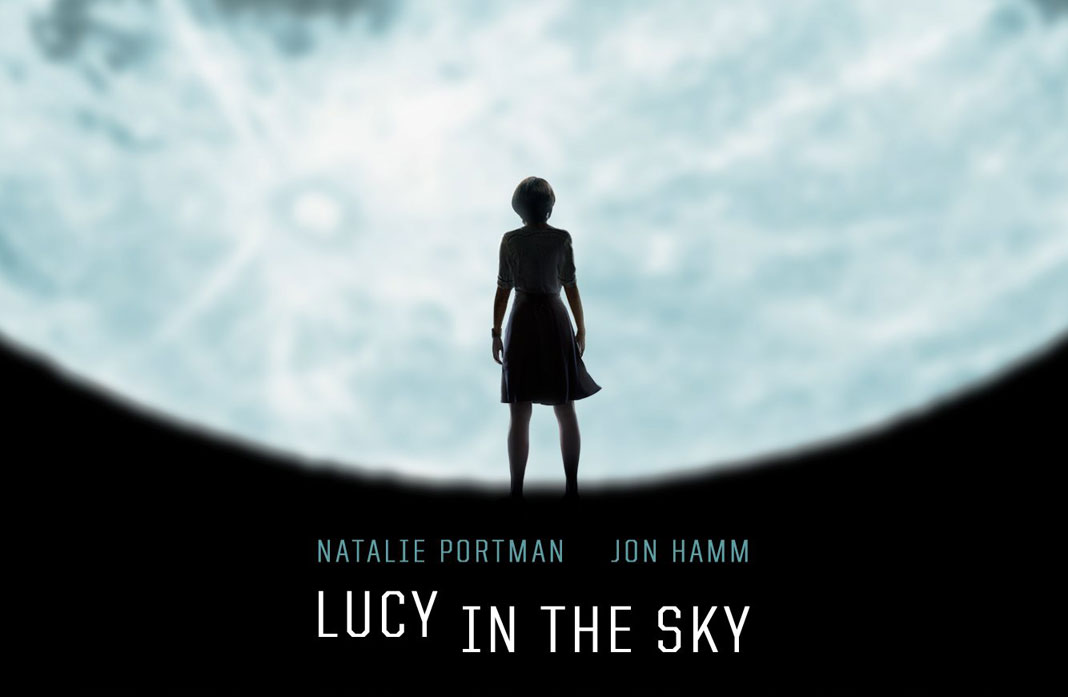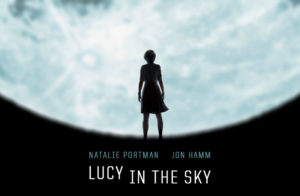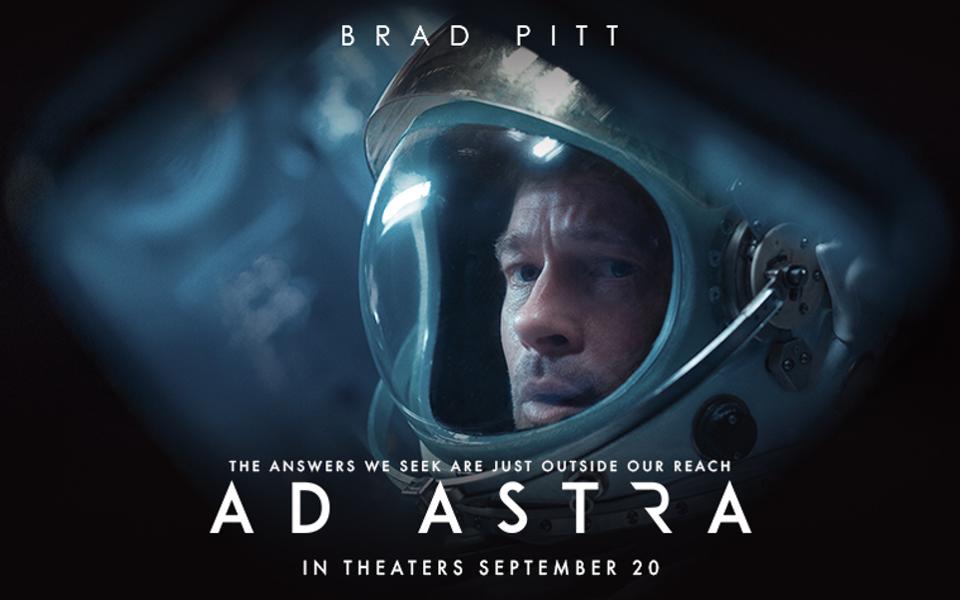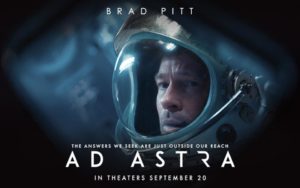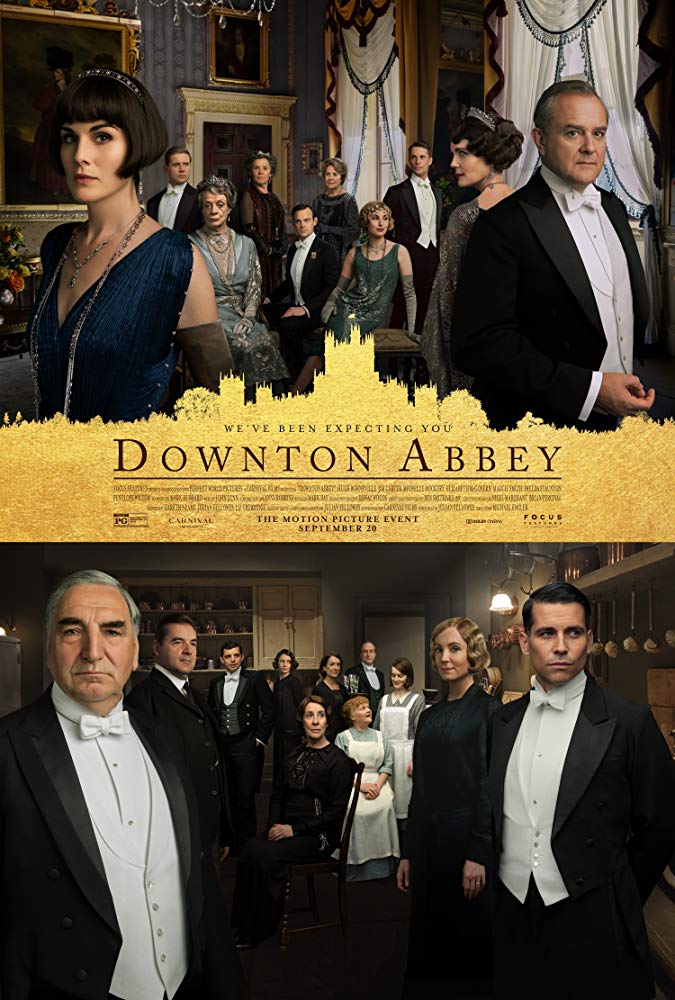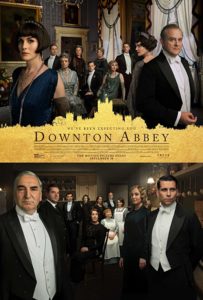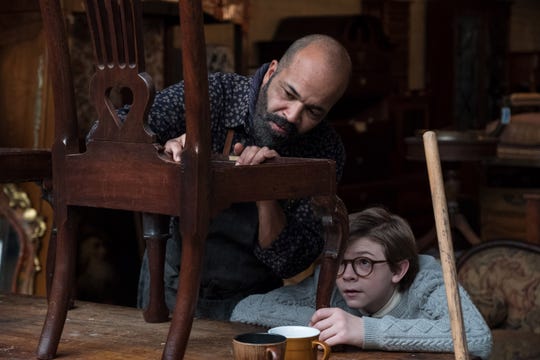Joker
Posted on October 3, 2019 at 12:42 pm
C| Lowest Recommended Age: | Mature High Schooler |
| MPAA Rating: | Rated R for strong bloody violence, disturbing behavior, language and brief sexual images |
| Profanity: | Very strong language |
| Alcohol/ Drugs: | Prescription drugs |
| Violence/ Scariness: | Graphic bloody violence, murders, stabbing, guns, assaults |
| Diversity Issues: | Some insults |
| Date Released to Theaters: | October 4, 2019 |
| Date Released to DVD: | January 6, 2020 |

One of the highest compliments an actor can give another actor is “committed.” And for sure Joaquin Phoenix is fully committed to the role of Arthur Fleck, a clown for hire and would-be stand-up comic who experiences repeated abuse and betrayal. After he is fired, learns a family secret, and then is cut off from counseling and medications, he spins out of control.
This is a non-canonical version of the origins of Joker, not connected to any of the previous depictions of the character in comics, movies, or television. In this version, Gotham resembles the New York City of the 70’s, when the city was teetering on financial insolvency. As it opens, they are in the midst of a garbage strike. Piles of trash are everywhere and large rats are running through the streets. Arthur is twirling an Everything Must Go sign in front of a store that is going out of business. Some boys grab the sign and, when he chases after them into an alley, they beat him with the sign until it shatters. Later, Arthur’s boss takes the cost of the sign out of his pay. Yeah, this movie is not subtle. The boys beat Arthur with the sign and the movie beats us with the metaphors.
Arthur lives in a squalid apartment building with his frail mother (Frances Conroy), and he cares for her tenderly. bringing her food, giving her baths, and sharing their favorite television shows including a late night talk show hosted by Murray Franklin (a badly miscast Robert De Niro). Arthur dreams of being on the show.
Arthur’s mother always told him his purpose in life was to make people happy. And he tries hard. He makes funny faces to get a toddler to laugh on a bus, but the child’s mother snaps at him. He gets fired for bringing a gun to the hospital where he is entertaining sick kids. He struggles with mental illness that undermines his grip on reality and a nervous condition that causes grotesque involuntary laughter when he is under stress. He has a little laminated card he hands out to explain this unsettling symptom to bystanders.
His fragile support system unravels. He loses his job. The city cannot afford a social safety net, so even the haphazard counseling he has been getting is cut off and he no longer has access to the seven different psychotropic medications. He loses his job. He feels betrayed by his mother. And then, on the subway, he is confronted by three arrogant finance bros.
Crossing the line to breaking the law feels liberating to Arthur and to similarly resentful protesters throughout Gotham, leading to some expressions of concern that this portrayal itself could inspire copycats. It does draw from current conflicts in the news to attempt a gravitas that this film cannot sustain, leaving only sensation and a bitter sense of entitlement in those who consider themselves victims. It teeters on the brink of telling us that if only we were all nicer to (listening to, having sex with) people who weird us out, they wouldn’t be weird anymore. Director Todd Phillips’ bitter comments recently about how it’s no fun to be funny now because you have to be so sensitive all the time underscore the resentment on display here.
Similarly, it litters the film with pieces (I’m sure they would call it homage, but it’s just stealing) from two Martin Scorsese classics, “Taxi Driver” (the descent into madness triggered by the despair and corruption around him) and “The King of Comedy” (the descent into madness triggered by a distorted obsession with acceptance and celebrity). Significantly, in case we miss the unmissable point, the star of those two movies, Robert De Niro, plays someone very much like the talk show host his “King of Comedy” character was obsessed with. As we saw in “Comedian,” De Niro, for all his immeasurable gifts, is not able to convey the oily geniality or vocal rhythms of a stand-up comedian, even if this one were far better written.
This movie wants to be daring and provocative but it is just depressing, less for the degrading, sordid storyline than for the failure of all of the time and effort and money that went into making it to produce anything worthwhile.
Parents should know that this film includes very disturbing and graphic images, peril and violence, mental illness, murders, stabbing, guns, strong language, sexual images
Family discussion: Could anyone have helped Arthur? What stories in the news or history or other movies inspired some of the plot developments? How does this Joker compare to other depictions of the character?
If you like this, try: Tim Burton’s “Batman” and “King of Comedy” and “Taxi Driver”

